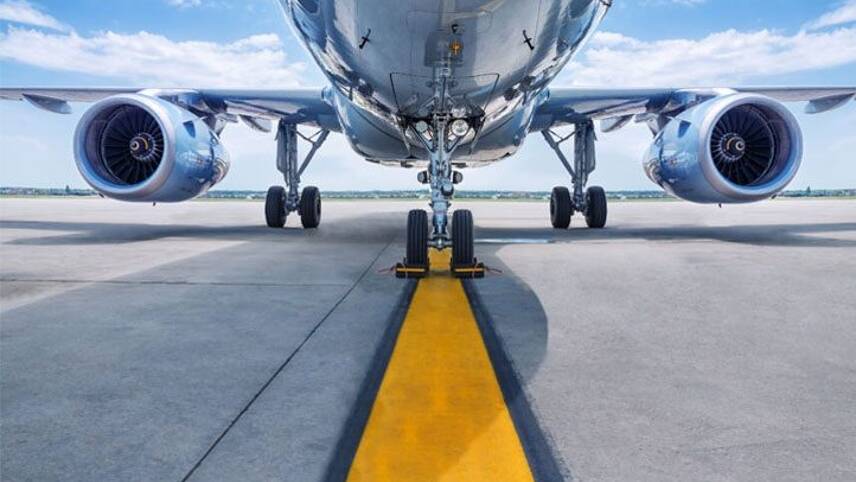Register for free and continue reading
Join our growing army of changemakers and get unlimited access to our premium content

With the £218m funds, the Government will support ten new projects led by major companies like Airbus and Rolls-Royce, as well as more than 40 UK-based partners
The funding, being delivered through the Aerospace Technology Institute (ATI) Programme, will aim to secure more high-skilled jobs, and develop new green innovative landing gear, and lower carbon and more efficient aircraft wings, engines, and sensors.
The initiative is set to help secure an additional £20bn of private investment in the UK aerospace sector and support more than 100,000 jobs.
The Minister for Industry and Economic Security, Nusrat Ghani, said: “We want to achieve net-zero air travel by 2050, and I want UK firms to lead the way developing the exciting technologies of the future. Backing our innovators will attract even more investment and create massive export opportunities for British firms.”
Since 2013, the ATI has received £3.2bn from the Government and industry in support for the aviation sector which has been used to fund over 300 innovative Research and Development (R&D) projects.
Last year, the Government committed the aviation sector to net-zero by 2050 as part of its Jet Zero Strategy. The UK Government aims for zero-emission domestic aviation and for all English airports to be net-zero by 2040.
In 2021 aviation accounted for over 2% of global energy-related CO2 emissions, regaining nearly one-third of the drop from 2019 levels seen in 2020 as a result of the pandemic, according to a report from the International Energy Agency (IEA) in 2022.
With the £218m funds, the Government will support ten new projects led by major companies like Airbus and Rolls-Royce, as well as more than 40 UK-based partners.
Airbus obtained approval from the Science Based Targets Initiative (SBTi) earlier this year for its greenhouse gas emissions reduction targets. These targets include reducing Scope 1 and Scope 2 industrial emissions by up to 63% by 2030 and Scope 3 emissions from commercial aircraft in service by 46%, aligning with a 1.5°C pathway.
Airbus UK’s chairman and general counsel, John Harrison, said: “Finding scalable solutions can’t be done alone so the ATI programme draws together UK industry leaders, academics and research organisations who are all making strides to bring our aircraft and industrial systems up to the level we need for a decarbonised future.”
As part of the SBTi’s Business Ambition for 1.5°C campaign, Rolls-Royce is committed to set targets in line to limit global warming to 1.5°C and reach net-zero emissions by 2050.
Rolls-Royce’s director of aerospace technology and future programmes, Alan Newby, said: “These projects will improve both our cost competitiveness and the product performance of our current and future engines, which is vital for meeting industry and Government net-zero targets.”


Please login or Register to leave a comment.